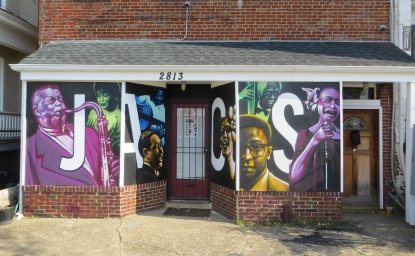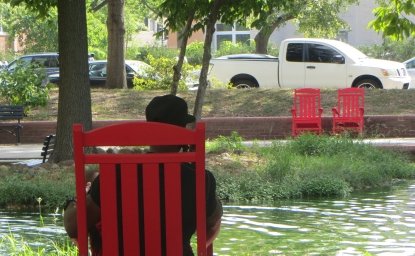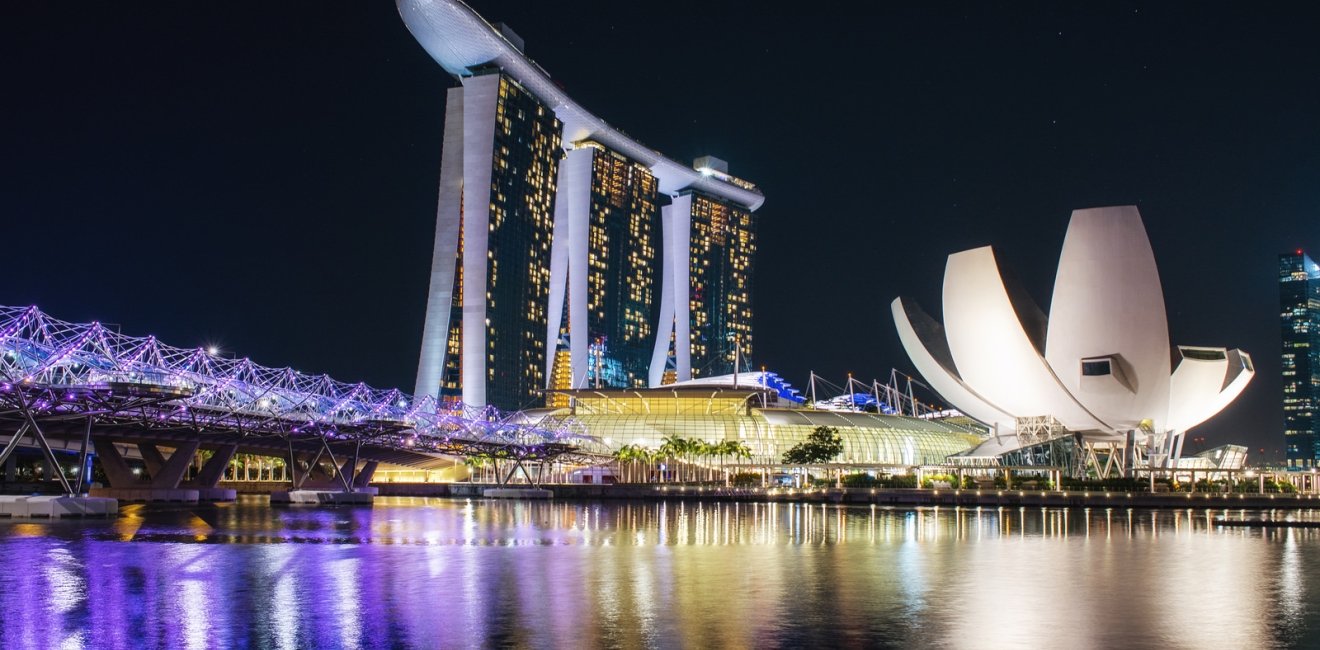Dozens of the world’s leading specialists and practitioners making cities around the world “smarter” gathered recently in Singapore to discuss how information technology can assist cities manage energy, water, security, and transportation challenges. The World Smart City Forum, organized by the International Electrotechnical Commission (IEC) in partnership with the International Organization for Standardization (ISO) and the International Telecommunication Union (ITU), took place just as cities across the globe are utilizing all manner of innovations to collect knowledge and deploy resources to advance public safety, economic efficiency, and public service.
As expected, much of the discussion revolved around advances enhancing municipal management; the opportunities presented by Big Data for improving urban administration; and, the challenges of securing the avalanche of increasingly vast information about urban residents. The information revolution has arrived in town, speakers suggested, and has done so with a vengeance. City authorities, they continued, are continuously adopting new data and tools for understanding and responding to what is taking place on city streets. For every new opportunity there appear to be sobering new challenges.
One common theme shared by speakers from several continents and professions emphasized that Smart Cities begin with smart leaders and citizens. New information technologies, they argued, are not ends in themselves. The present is a period when new opportunities of unprecedented analytical power become available; but to what purpose? The assembly broadly agreed that smart technologies must promote holistic problem-solving in the service of citizens. Participants repeated this message be they engineers or elected officials, from cities in societies thought of as authoritarian and from societies known for democratic engagement. All agreed on the transformative potential within the act of making a city smart.
As technology gathers ever more information, city management is challenged to expand accountability and enhance service provision. More than ever, cities hold out the promise of greater citizen engagement and expanded access to opportunity across urban boundaries. Precisely because this is the case, Younus al Nasser, Assistant Director General of the Smart Dubai Office, argued, the primary objective of urban governance becomes people’s happiness.
At a time when some engineers seem motivated primarily to innovate for the sake of innovation; industry leaders gathered at the World Smart City Forum accentuated the responsibility of inventors and implementers to accept technological advance as an enabler rather than as goal. This perspective drives discussions of the contemporary city toward an agenda as old as the Ancient Greek concern for public virtue: what is the good life?
The message from Singapore makes strikingly apparent that each new opportunity holds fresh challenges within. To succeed at optimizing the impact of technology, engineering is not enough. Philosophical reflection and debate on the nature of public purpose and public virtue is as pressing today as it has been across centuries. Smart Cities, like all urban space, remain very much rooted in time, place, and culture. The challenge is universal; the response is particular.
Beneath the streets of Singapore just as the Forum came to an end, three young giggling girls scampered onto the local metro (MRT) dressed in their school uniforms holding iPhones in their hands. As they settled in, they personified everything that had been said during profound deliberation at the Forum. They gossiped and giggled charmingly about the day’s events in multiple shared languages as they passed messages on their phones back and forth, probably enthralled like the rest of the world with the latest game craze. They were three smart, self-assured, citizens of the world in the making, living in a city that has become one of the “smartest” in the world (the train they were riding is driverless, for example). These girls have grown up in a world unimagined by their parents. Their future is bright; if the smart technology revolution enables them to reach their human potential. For all the change in the world, as the participants in this year’s World Smart City Forum emphasized over and over, the challenges of being human remain the same. And the answers to what it means to lead a virtuous and happy life are as diverse as they always have been.
To read the original article please click here.
Author

Former Wilson Center Vice President for Programs (2014-2017); Director of the Comparative Urban Studies Program/Urban Sustainability Laboratory (1992-2017); Director of the Kennan Institute for Advanced Russian Studies (1989-2012) and Director of the Program on Global Sustainability and Resilience (2012-2014)

Urban Sustainability Laboratory
Since 1991, the Urban Sustainability Laboratory has advanced solutions to urban challenges—such as poverty, exclusion, insecurity, and environmental degradation—by promoting evidence-based research to support sustainable, equitable and peaceful cities. Read more

Explore More in Building Inclusive and Livable Cities
Browse Building Inclusive and Livable Cities
Hometown D.C.: America's Secret Music City

Bringing New York to the Broadway Stage

10 Steps to a More Genuine DC Experience


